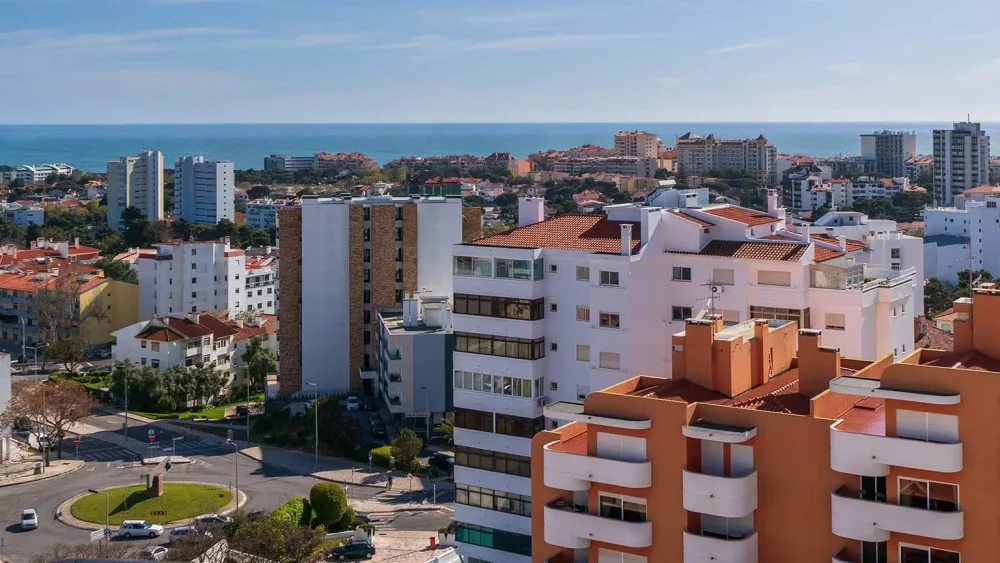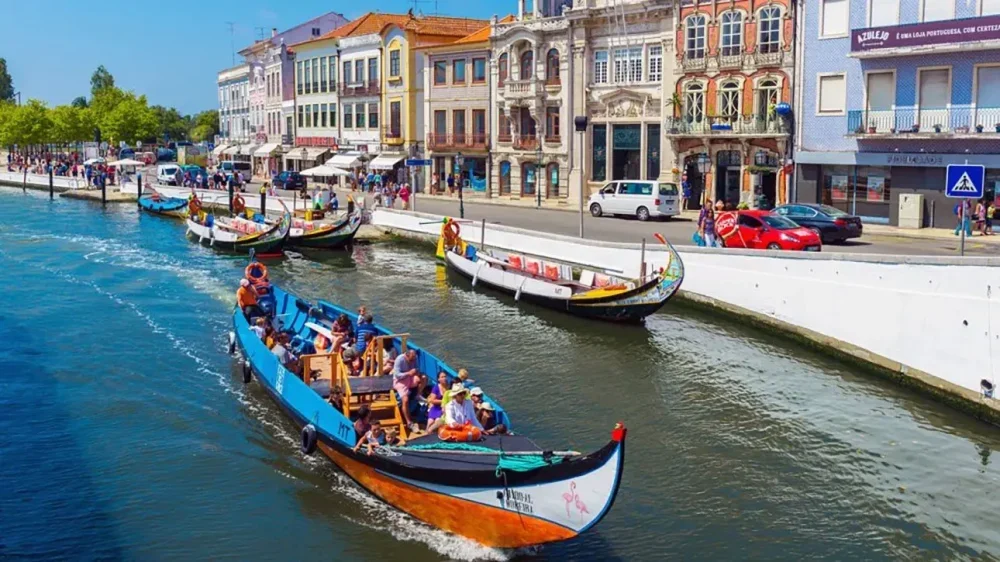Against the backdrop of growing interest in relocation to Europe, the advantages of living in Portugal for Russians are increasingly being considered. Eastern European migrants, including Russians, find a favorable environment for a stable lifestyle in the southern country, thanks to the mild climate, tax flexibility, and mental proximity.
Social Stability and Safety
One of the main arguments shaping a positive opinion is the high level of safety. Russian families and lone specialists note the low level of everyday crime, as well as a respectful attitude towards personal space. As a result, life in Portugal for Russians becomes less stressful compared to many CIS megacities, according to residents’ feedback.

Economic Stability and Cost of Living
Moderate prices for groceries, rent, and transportation create a balance between income and expenses. Although salaries are lower than in the northern part of the EU, they still allow for comfortable living, especially with remote work. This is why relocation is often seen as an economically justified decision.
Advantages of Living in Portugal for Russians Through the Eyes of Those Who Have Already Moved
Those who have gone through the immigration process form a stable positive assessment. Common impressions include the mild climate, warm sea, absence of aggression, and friendly attitude towards newcomers. This social climate distinctively sets the country apart from others where relocation is considered.
Bureaucracy and Documents: Path to Residency
Document processing poses no difficulties with a stable income or residence permit under D7. Simplified application procedures, transparent requirements, and access to electronic services allow for an immigration process without unnecessary pressure. The country actively modernizes its services, making relocation a manageable process. All these factors contribute to the key advantages of living in Portugal for Russians, ensuring comfortable adaptation and confidence in legal status.
Key Arguments in Favor of Relocation
For an objective assessment of the situation, it is important to identify the factors that make the country attractive for Russians:
- high level of personal safety;
- equal treatment of foreigners;
- affordable housing and transportation;
- warm oceanic climate;
- lack of language barrier in tourist areas;
- accessible visa programs.
Together, these aspects form a solid foundation for long-term residency. Such conditions are often mentioned among the advantages of living in Portugal for Russians, including climate, safety, access to healthcare, and a peaceful daily rhythm.
Is It Worth Moving to Portugal: Psychological Adaptation and Mentality
Among the key reasons for choosing relocation to Europe in favor of the Atlantic country is the comfortable integration into society. Portuguese people are non-intrusive, respect personal boundaries, and their slow pace of life aligns with the habits of many Russians. Portugal, in the eyes of Russians, is a country where one can feel safe while maintaining inner freedom.
Taxes: Comfortable Fiscal Model
The tax system holds special importance. New residents benefit from the NHR status, exempting certain types of income from tax or setting a reduced rate. This approach makes the advantages of living in Portugal for Russians more significant compared to other jurisdictions with significantly higher tax burdens.
Life Features — an External Perspective
Everyday routine consists of various details: healthcare, transportation, public services. State clinics, accessible through insurance, provide quality treatment. Life features in Portugal imply respect for personal time and a lack of excessive bureaucracy in daily matters.
Impact of Geography and Ecology
Ecologically favorable regions in the south of the country contribute to improved well-being. The mild oceanic air, abundant sunny days, and absence of industrial zones near residential areas enhance quality of life. For those seeking to escape metropolitan busyness, immigration becomes not only a logistical but also a health-improving solution.
Specialization, Freelancing, and Job Market
The Portuguese market offers opportunities for Russian-speaking professionals in IT, marketing, design, and education. Absence of language barriers in the digital environment allows for easy integration into remote work or starting a business. The advantages of living in Portugal for Russians in this case include tax residency flexibility and easy access to the European market.
Support for Adaptation and Integration
Russian-speaking communities have been established in many areas, assisting with documents, housing rentals, and other everyday issues. This assistance accelerates integration and makes life in Portugal for Russians more stable. Free language courses are also available, facilitating adaptation.
When Is the Best Time to Consider Relocation?
Favorable moments for starting include having savings, remote work, or rental income. In such cases, moving to Portugal for Russians can be done with minimal risks. Residency options are available for investors, specialists, and retirees. These conditions become key advantages of living in Portugal for Russians, making the country attractive for long-term immigration without excessive barriers.
What to Consider Before Immigration?
When planning for emigration, it is important to study in advance the key parameters influencing successful adaptation:

- monthly expenditure levels;
- availability of medical services;
- requirements for visa and residency applicants;
- taxation of freelancers;
- potential document translation difficulties;
- regional integration programs.
Such preparation helps avoid surprises in the first months of residence.
Analyzing the Advantages of Living in Portugal for Russians Will Help Make the Right Decision
A systematic approach to relocation, knowledge of legislative nuances, economic foundation, and a conscious choice of region turn the advantages of living in Portugal for Russians into a practical benefit. Amid high taxes and complex migration policies in other countries, the western part of the Iberian Peninsula remains one of the most favorable and comfortable directions in Europe for sustainable adaptation and full-fledged living.
 en
en  ru
ru  de
de  ar
ar  es
es  nl
nl  hi
hi  fr
fr  it
it  pt
pt  el
el 













